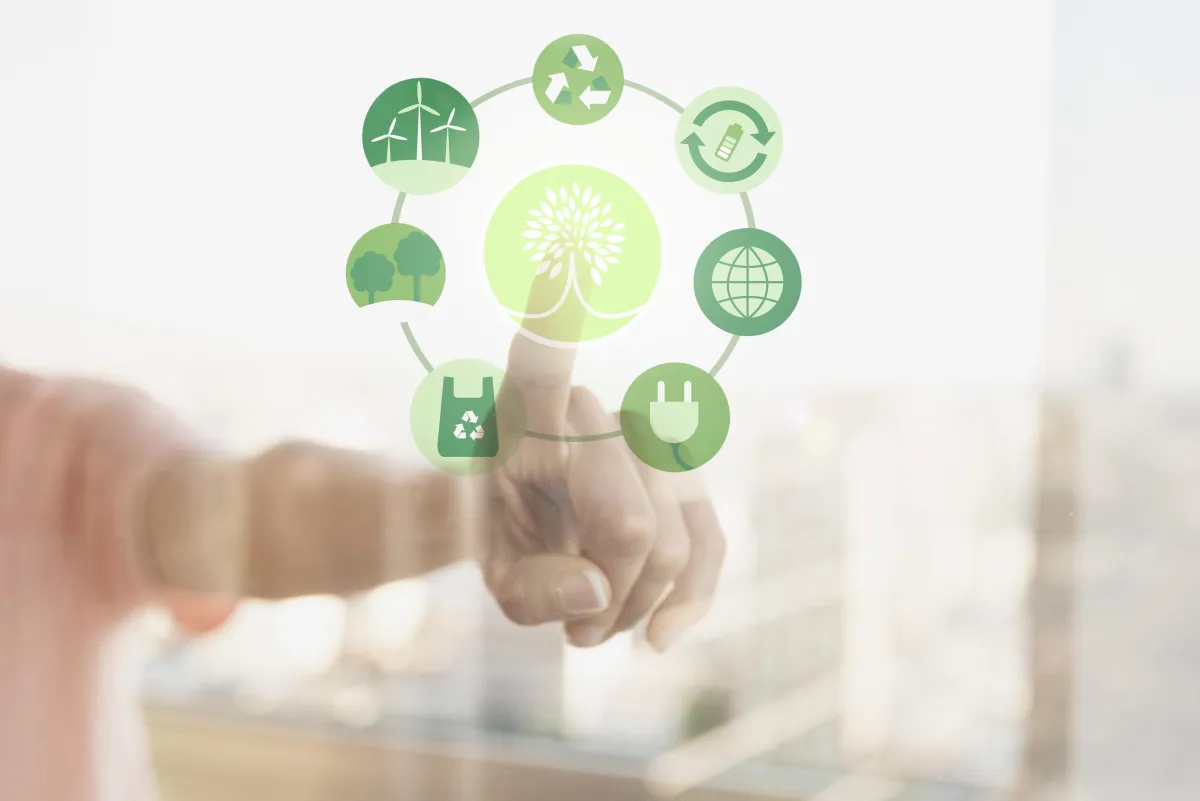
There are several reasons why Thailand needs to develop a circular economy to support the concept of the BCG Model economy. The first reason is to reduce the risk of resource shortages, pollution problems, environmental impacts, and increased production costs. According to the United Nations, the world’s population will increase to 9.8 billion in 2050, resulting in a doubling of the demand for resources, especially energy, food, metals, and biomass, in comparison with the current demand. Likewise, waste and waste from consumption is expected to increase by at least 70% from the present, while greenhouse gasses, more than half of which come from resource utilization activities in, for example, the manufacturing sector, will increase. If the utilization of resources for production and consumption continues in the same trend, in the future we may face the risk of shortages of production resources and raw materials. The cost of resources will become the cost of manufacturing and industry, and consumer goods prices will increase, affecting the economy as a whole. Therefore, many countries in the world, especially countries that are leading the change, such as the European Union, Japan, and China, are promoting the circular economy in order to cope with future resource shortages and reduce pollution and environmental problems.
The next reason why Thailand needs to focus on the development of the circular economy is in order to create economic opportunities. This is because not only does the circular economy create greater value for businesses and industries through efficient use of resources, but it also creates economic opportunities through new business models, for example, Chemical Leasing (CHL) and businesses that convert waste into secondary raw materials, such as upcycling, waste and wastewater management technology and recycling businesses, all of which have the potential to create jobs.